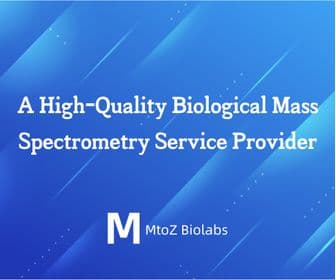Bioworld Technology, Inc.
The highly experienced scientific and technical professionals make Bioworld Technology an innovative, first-class biotechnological company on both manufacturing and marketing. Our current antibodies cover a broad range of cell singling and signaling transductions such as:
1) Chromatin regulation and Acylation signaling
2) MAPK signaling
3) SAPK/JNK signaling
4) Apoptosis and Caspase signaling
5) AKT signaling
6) Transcriptional and translational control
7) PKC signaling
8) Cell cycle and DNA-damage signaling
9) Cytoskeletal signaling
We are continuing to develop new products and we project that we will offer approximately 4000 new antibodies by the end of 2009 in total. Bioworld Technology co., Ltd provides high quality antibodies at affordable prices with fast, personalized service. Bioworld continually strives to be national leader and a world-class company in manufacturing biological products for industry, health, and research. We look forward to serving your marketing needs and becoming your long-term partner.
Showing 24 of 8136 results
Product A-Z
Applications
WB
Hosts
Rabbit
Reactivities
Hum, Mouse, Rat
Applications
BNI
Applications
WB
Hosts
Rabbit
Reactivities
Hum, Mouse, Rat
Applications
BNI
Applications
WB
Hosts
Rabbit
Reactivities
Hum, Mouse, Rat
Applications
BNI
Applications
BNI
Applications
WB
Hosts
Rabbit
Reactivities
Hum, Mouse, Rat
Applications
BNI
Applications
BNI
Applications
WB
Hosts
Rabbit
Reactivities
Hum, Mouse, Rat
Applications
BNI
Applications
WB
Hosts
Rabbit
Reactivities
Hum, Mouse, Rat
Applications
BNI
Applications
WB
Hosts
Rabbit
Reactivities
Hum
Applications
BNI
Applications
IHC, WB
Hosts
Rabbit
Reactivities
Hum, Mouse, Rat
Applications
IF, IHC, WB
Hosts
Rabbit
Reactivities
Hum, Mouse, Rat
Applications
IHC, WB
Hosts
Rabbit
Reactivities
Hum, Mouse, Rat
Applications
BNI
Applications
IHC, WB
Hosts
Rabbit
Reactivities
Hum, Mouse, Rat
Applications
BNI
Applications
IF, IHC, WB
Hosts
Rabbit
Reactivities
Hum, Mouse, Rat

Explore our products
Show all categoriesTop suppliers
United States Biological
230753 products
Carl Zeiss Microscopy
27 products
Promega Corporation
11 products
Panasonic Healthcare Company
5 products
Life Technologies
1 products
Nikon Instruments Europe
11 products
Olympus Europa Holding GmbH
3 products
Leica Microsystems, Inc.
10 products
GE Healthcare Life Sciences
2 products
Tecan Trading AG
19 products
Beckman Coulter, Inc.
1 products
AB SCIEX
3 products
BD (Becton, Dickinson and Company)
1 products
RANDOX TOXICOLOGY
5 products
Randox Food Diagnostics
6 products














